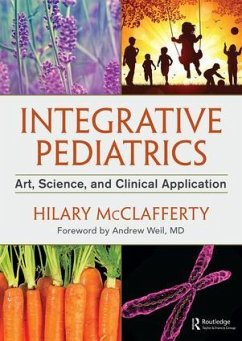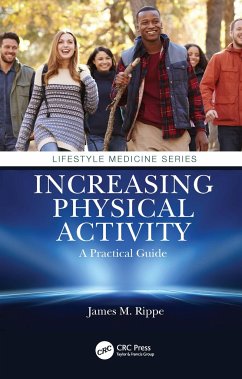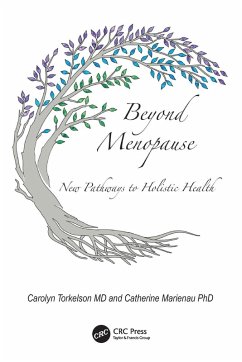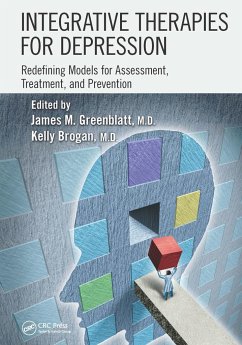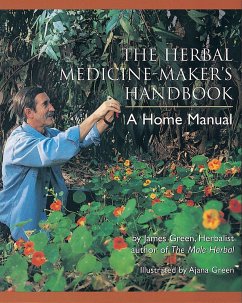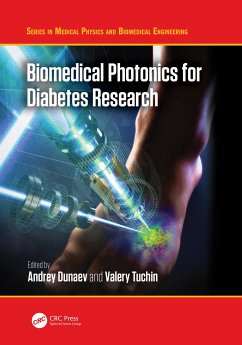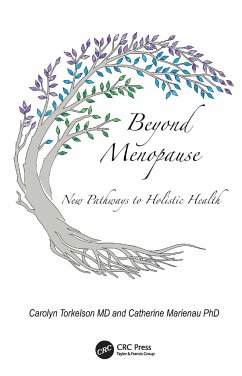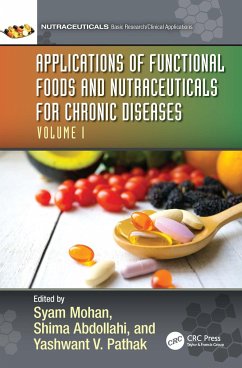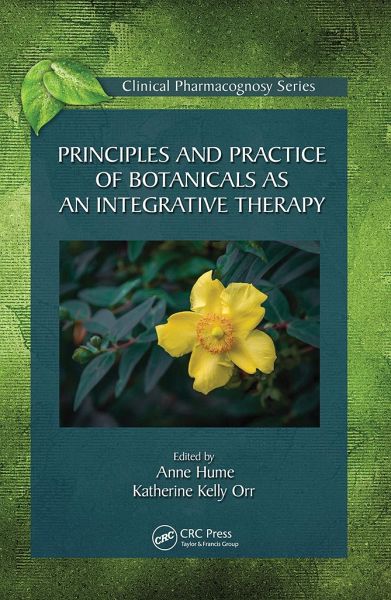
Principles and Practice of Botanicals as an Integrative Therapy
Versandkostenfrei!
Versandfertig in 6-10 Tagen
51,99 €
inkl. MwSt.

PAYBACK Punkte
26 °P sammeln!
The purpose of this book is to focus on major considerations in the clinical use of botanicals as an integrated therapy in current health care. The book uses an organ system approach to presenting clinical evidence on the use of botanicals for common conditions. The chapters include brief sections on background and pharmacognosy, preparation and dosing, safety, evidence and clinical application. In addition, several chapters highlight pharmacokinetic and pharmacogenomic considerations with botanicals in precision medicine and their use in special populations. Finally, a summary on the editors'...
The purpose of this book is to focus on major considerations in the clinical use of botanicals as an integrated therapy in current health care. The book uses an organ system approach to presenting clinical evidence on the use of botanicals for common conditions. The chapters include brief sections on background and pharmacognosy, preparation and dosing, safety, evidence and clinical application. In addition, several chapters highlight pharmacokinetic and pharmacogenomic considerations with botanicals in precision medicine and their use in special populations. Finally, a summary on the editors' perspective of "challenges and opportunities" is provided, which discusses the practice of botanicals as integrative therapies and where they are heading in the future.





